Produkte List
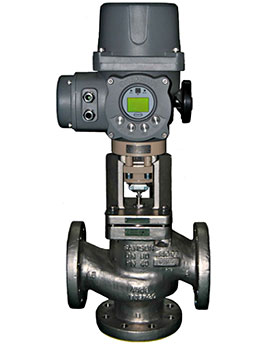
Unique Features:
- Electrically powered, 24VDC, 24V/110V/230/400V AC
- High resolution and repeatability, 0.1% transducer sensitivity, ≤0.3% actuator accuracy
- Selecting valve position when power fail, FC/FO/FL/Any Position
- Plane tary drive, and Hand wheel without clutch
- DC brushless Motor, This allows maintenance free operation with continuous unrestricted modulation duty
- Characteristic selecting, Linear/Equal percent/Quick open/Self-definition
- Integrated Working condition PID control circuit
- Wiring, programming terminal compartment, Main engine and driving room, Separate, double-sealed
- Watertight IP68 and explosion-proof enclosures
- Non-intrusive setup/calibration using Bluetooth
- Optional bus interfaces available
- With or without Ex.
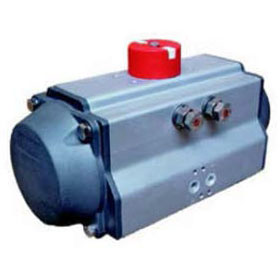
Single-acting Piston Type PTS:
Double-acting Piston Type PTD:
- Air torque actuator available in double acting (PTD) or spring return (PTS) versions
- Are also available in many sizes and spring ranges
- Will provide a constant torque even under high load due to the rack and pinion configuration
Single-acting Spring-diaphragm Type STS:
- single-acting rotary actuator
- Diaphragm areas 160, 320 cm²
- Rated angle up to 90°

Single-acting Spring-diaphragm Actuatots Type3271:
- Single-acting linear actuator
- Diaphragm areas 60 to 2800 cm²
- Rated travel 7.5 to 120 mm
Single-acting Spring-diaphragm Actuatots Type3277:
- single-acting linear actuator for integral positioned attachment
- Diaphragm areas 120 to 700 cm²
- Rated travel 7.5 to 30 mm
Double-acting Piston Type 3275:
- Double-acting linear actuator
- Diaphragm areas 314 / 490 / 804 cm²
- Rated travel 15 to 30 mm

Digital Smart Positioner Type 3730-3:
- Linear- and rotary actuators
- Input 4 – 20 Ma, analog feedback 4 – 20 mA
- Mounting position free selectable
- Upside / upside down display (Display turnable 180º)
- Load < 300 Ω
- 90 ln/h air
- Protection IP 65 / 66
- Manual /parameter list on board
Normal Positioner Type 4763:
- Pneumatic
- Electropneumatic
- NAMUR attachment
- Single-acting
- Pressure gauge connection
Solenoid valve Type SNMC532:
- 3/2-, 5/2-,5/3-way amplifier c
- Flapper/nozzle pilot operated
- NAMUR attachment
- Exd / Exia
Limit Switch Type AT-210:
- for linear or rotary 3/2-, 5/2-, 5/3-way amplifier
- with solenoid valve Flapper/nozzle pilot operated
- NAMUR attachment
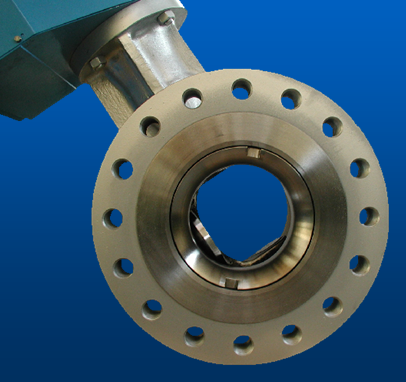
Features:
- Setting the single seat control valve, ball valve and butterfly valve advantages as a whole
- The valve has a large flow capacity, when the valve is fully opened, the inner cavity of the valve flow path is almost identical with the inner diameter of the process pipe
- V-Ball Control valve can be used in various working medium, especially viscous fluid, the control effect is more ideal
- When the valve in the small opening, the flow changes smoothly, accurate control
- A lot of use in the chemical / HVAC / Paper / Food / Petrochemical / and more industry
- Nominal Size DN25 to 600 (NPS 1 to 24)
- Nominal Pressure PN 10/16/25/40/63 bar (ANSI 150/300Lb)
- Metal- or soft-seated
- Metal-seated Seal level can reach Class V
- Sandwich or Flanged
- High turn down ratio 200:1
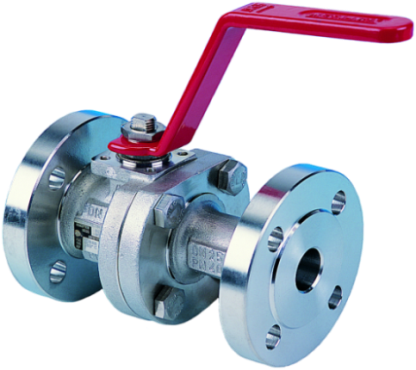
Features:
- Valve body made of stainless steel 1.4408/A351 CF8M or WN1.4308/A351CF8 or WN1.0619/A216WCC
- Seat ring live-loaded on one side or with floating ball
- Exchangeable bore seal
- On/off service with leakage rate A according to DIN EN 12266-1, bubble-tight version
- Shaft sealed by a self-adjusting PTFE V-ring packing, loaded by spring washers, requiring no maintenance.
- Blowout-proof shaft made of 1.4462, TA Luft
- DIN face-to-face dimensions according to EN 558 or DIN EN 1092;and thread connecting mode 1-piece and 3-piece
- ANSI face-to-face dimensions according to ASME B16.10-2000
- Connecting flange for actuators according to DIN ISO 5211
- Double body seal system

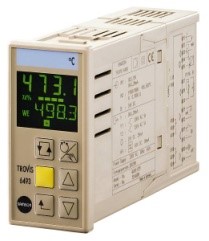
Electronic Controllers
Pneumatic Controllers
Transmitters
Module software automation system
